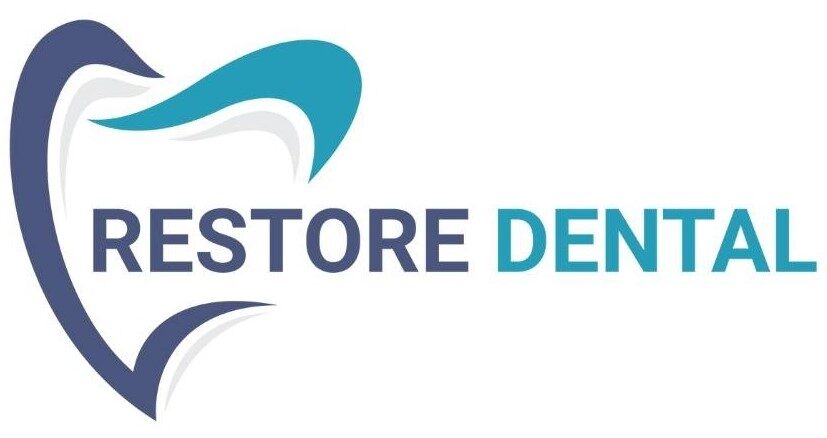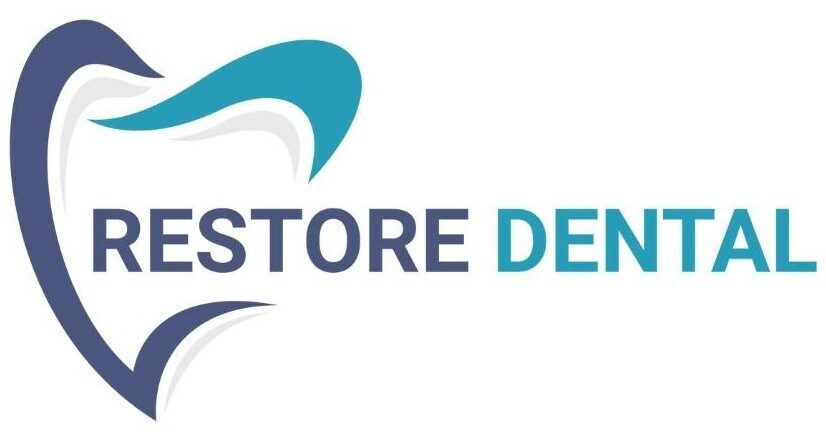Dental implants have become a trusted, long-term solution for replacing missing teeth. They restore function, enhance aesthetics, and help maintain jawbone health. However, not everyone is automatically a candidate for dental implants. Several health and lifestyle factors may make a person temporarily or permanently ineligible. At Restore Dental, where we specialize in Dental Implant Gurgaon treatments, we emphasize the importance of understanding these factors so patients can make informed, confident decisions about their treatment options.
Insufficient Jawbone Density
A strong, healthy jawbone is essential for successful dental implant placement. Implants are anchored into the bone, and without sufficient bone mass, they may not integrate properly. Patients with significant bone loss due to periodontal disease, injury, or long-term tooth loss may require bone grafting before implants can be considered.
Active Gum Disease
Healthy gums are just as important as healthy bones for implant success. If a patient is suffering from untreated periodontal (gum) disease, the infection can compromise the surrounding tissue and implant stability. Gum disease must be treated and managed before implants are placed.
Uncontrolled Medical Conditions
Certain systemic health conditions can impact healing and increase the risk of dental implant failure.
These include:
- Uncontrolled diabetes
- Autoimmune disorders
- Blood clotting disorders
Such conditions can interfere with post-surgical recovery and the body’s ability to integrate the implant successfully.
It is essential for patients to consult both their dentist and physician to assess whether their condition is well-managed and if they are suitable candidates for implant treatment. A collaborative, well-informed approach ensures better outcomes and reduces complications.
Smoking and Tobacco Use
Smoking significantly lowers the success rate of dental implants. Nicotine restricts blood flow, which can delay healing and increase the risk of infection or implant rejection. Most dentists recommend quitting smoking before, during, and after the implant process to improve the chances of long-term success.
Poor Oral Hygiene
Successful dental implants require a commitment to good oral hygiene. Patients who struggle with maintaining cleanliness around their natural teeth are at a higher risk of implant failure. Daily brushing, flossing, and routine dental visits are essential.
Age Considerations
While there’s no upper age limit for dental implants, younger patients may need to wait. Implants are not typically recommended for children or teenagers whose jawbones are still developing. Dentists usually wait until bone growth is complete before considering implants.
Radiation Therapy in the Jaw Area
Patients who have undergone radiation treatment for head or neck cancers may have compromised bone structure. This makes implant success more unpredictable. Each case is unique, and careful evaluation is required.
Bruxism (Teeth Grinding)
Chronic grinding or clenching of teeth (bruxism) can exert excessive force on implants, potentially leading to failure. In such cases, patients may need to wear a night guard or consider alternative treatments.
Conclusion
Dental implants are one of the most reliable and long-lasting solutions for replacing missing teeth — but their success depends greatly on both oral and overall health. At Restore Dental, a leading dental clinic in Gurgaon, we begin every implant journey with a thorough and personalized assessment. Our expert team evaluates bone density, gum health, and systemic conditions like diabetes or autoimmune disorders to determine your suitability for dental implants.
Even if you’re not an immediate candidate, there’s no need to worry. Restore Dental offers comprehensive pre-implant treatments such as bone grafting, sinus lifts, and periodontal therapy to enhance your oral foundation. Our goal is to prepare your mouth for successful, lasting implant placement — while prioritizing your comfort and long-term health.
FAQs
01. What makes someone ineligible for dental implants?
Individuals may be ineligible due to poor jawbone density, untreated gum disease, uncontrolled medical conditions (like diabetes), smoking, or poor oral hygiene habits. Each case must be evaluated individually by a dental professional.
02. Can I still get dental implants if I’ve lost jawbone?
Yes, but you may need a bone graft procedure first to rebuild enough bone volume to support an implant. Your dentist will assess this through imaging and examination.
03. Does age matter when considering dental implants?
Yes. Dental implants are generally not recommended for children or teens whose jawbones are still developing. However, there is no upper age limit for adults as long as they are in good health.
04. How does smoking affect implant success?
Smoking reduces blood flow and slows healing, which increases the risk of implant failure. Dentists often advise quitting before, during, and after the procedure for optimal results.
05. Can I get dental implants if I have gum disease?
Not immediately. Gum disease must be treated and brought under control before dental implants can be placed. Healthy gums are essential for implant stability.
06. What health conditions could interfere with dental implants?
Conditions like uncontrolled diabetes, autoimmune disorders, or bleeding problems can affect healing. Your dentist may consult with your physician to determine if it’s safe to proceed.
07. If I grind my teeth at night, can I still get implants?
Yes, but precautions like wearing a night guard may be recommended. Severe bruxism can put pressure on implants and reduce their longevity.
08. What if I’ve had radiation therapy to my jaw?
Radiation can affect bone quality and healing. A thorough evaluation is required to determine implant feasibility in these cases.
09. How important is oral hygiene after getting implants?
It’s critical. Good daily oral hygiene and regular dental visits are necessary to maintain the health of your implants and prevent complications.
10. Can lifestyle changes improve my chances of being eligible for implants?
Absolutely. Quitting smoking, managing chronic conditions, and improving oral hygiene can all increase your eligibility and the long-term success of your implants.



